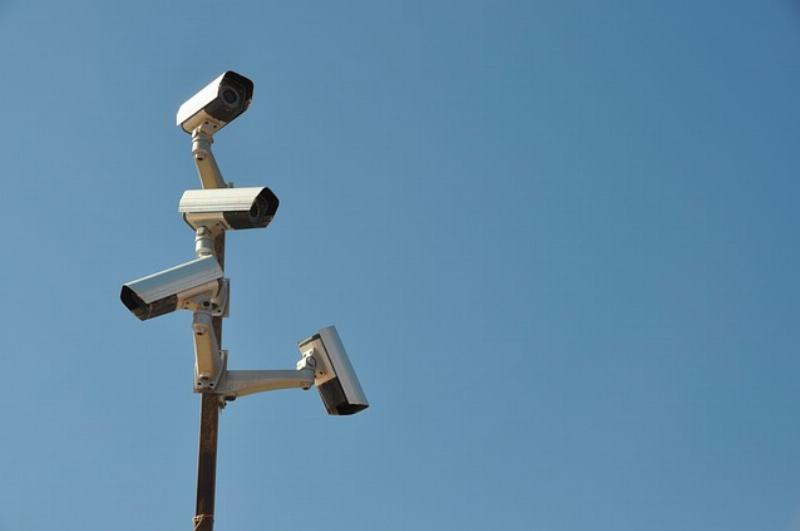


At the end of last year, DNI Director Tulsi Gabbard reported on Fox News that in 2024, she had been targeted by the Quiet Skies program:
In August this year [2024], the 43-year-old claimed that the U.S. government placed her on a ‘secret terror watchlist’ on July 23. In an interview with Fox News, Gabbard said Transportation Security Administration (TSA) added her to the Quiet Skies Program watchlist ‘without explanation.’
‘I was subjected by very in-depth screening when I travel. By in-depth I mean 30 to 45 minutes of going through that screening every time I would go to the airport to fly,’ Gabbard said in the interview. ‘The deepest pain and harm and stress that has been caused by all of this is that forever going forward I will always be looking over my shoulder wondering if and how my government is surveilling me.’
Previously, the Boston Globe in 2018 revealed the existence of the Quiet Skies program, ostensibly designed to have air marshals track suspicious passengers (including American citizens) and observe their behavior in airports and in flight.
A checklist for air marshals to observe passengers listed in the Globe’s report includes, but is not limited to, the following. The category is called, “abnormally aware of surroundings” and this author listed some of passenger behaviors in this way, with some added commentary:
- Reversing or changing directions and/or stopping while in transit through the airport
- Attempting to change appearance by changing clothes, shaving etc. while in the airport or on the plane (I have shaved after long flights or before meetings routinely)
- Observing the boarding gate area from afar
- Boarded last
- Using the reflection in storefront windows to identify surveillance (well, I window shop in the airport so maybe the air marshal thinks I am looking for them).
As you can see, many of these “indicators” can also be completely normal behaviors.
Yet, an Inspector General’s report released in 2019 exposed the program as a failure, with the fiasco explained like this:
TSA did not properly plan, implement, and manage the Quiet Skies program to meet the program's mission of mitigating the threat to commercial aviation posed by higher risk passengers. Specifically, TSA did not:
- develop performance goals and measures to demonstrate program effectiveness, or
- always adhere to its own Quiet Skies guidance.
This occurred because TSA lacked sufficient oversight to ensure the Quiet Skies program operated as intended. For example, TSA did not have a centralized office or entity to ensure the various TSA offices properly managed Quiet Skies passenger data. Without sufficient metrics, analysis, and controls, TSA cannot be assured the Quiet Skies program enhances aviation security through FAMS as intended.’
Some undercover air marshals (although not all of them) defended the program as a way to stop terrorism:
‘My mission every day is to work the flight that I am assigned and make sure it goes up wheels up to wheels down without incident,’ the air marshal, who spoke on condition of anonymity, told NBC News.
‘And that doesn't just start on the aircraft — that starts in the airport from observing my surroundings, understanding what's normal, attempt to pick out any abnormalities and then nullify them as they present themselves,’ the air marshal, who has been on the job for eight years, said.
Prior to the release of the Inspector General’s report, the TSA Administrator testified to the program’s results (or lack thereof) at a Congressional hearing:
TSA Administrator David Pekoske on Capitol Hill on Wednesday acknowledged that air marshals operating under the program have made no arrests or foiled any known plots. Last month, the Homeland Security Office of the Inspector General announced it would investigate the program.
‘I am confident that it has reduced risk for nearly seven years and I would note that we are fortunate to have the air marshal capability supporting this program,’ Pekoske told lawmakers Wednesday.
‘There is, I assure you, strong oversight of this program from the department,’ Pekoske said. He said much of the program involves security-sensitive information, and that the intelligence that supports it is classified.
In spite of Pekoske’s assurances, the IG (as cited earlier) found oversight seriously lacking. Given the ineffectiveness of this program, lack of results, and invasion of Americans’ privacy, can anyone tell me why this program should continue?

Image: Free image, Pixabay license.
